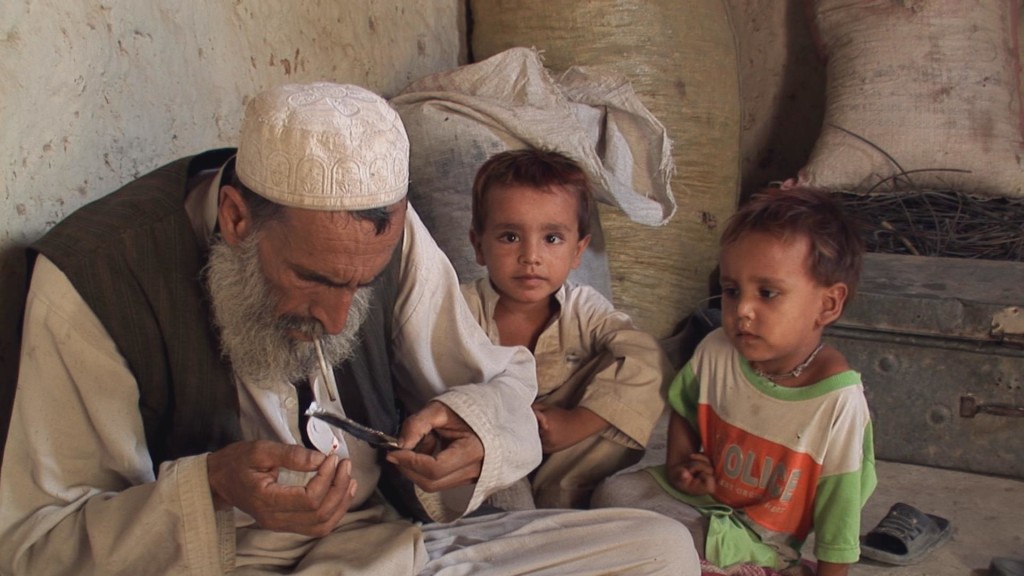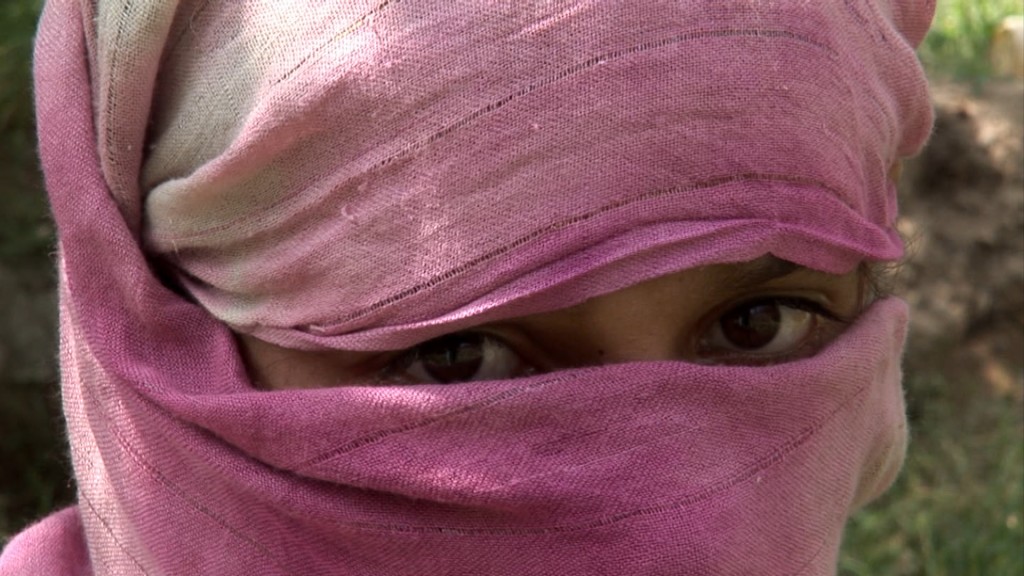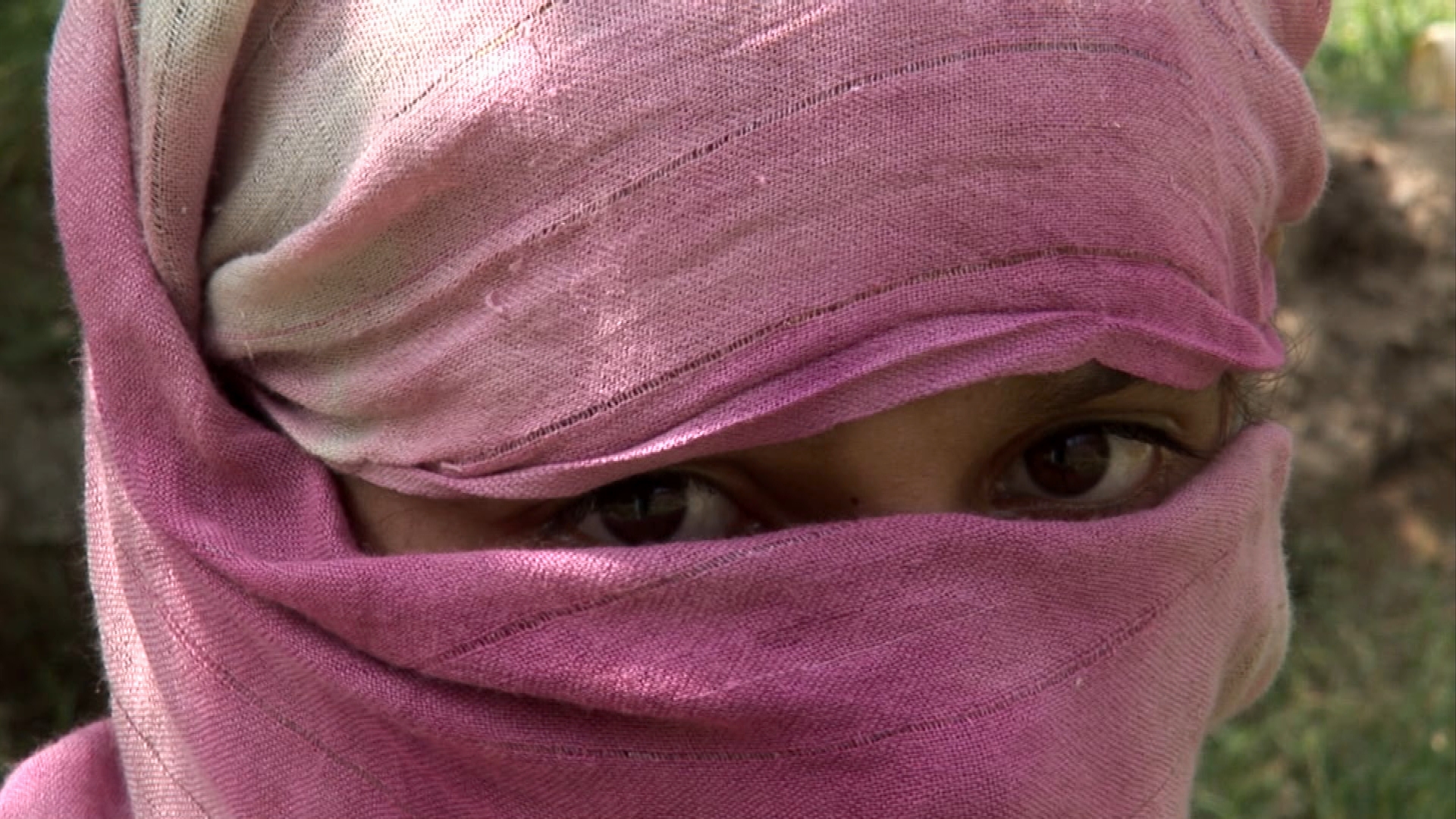Afghanistan’s Opium Production on the Rise

April 18, 2012
Share
Opium production will rise across Afghanistan in 2012, spreading to more parts of the country than it has in the last few years, according to a new annual assessment [PDF] from the United Nation’s Office on Drugs and Crime (UNODC).
The report found that this year, only 15 provinces will be free from poppy production — down from 20 provinces in 2009 and 2010 — and indicated a “strong association between insecurity, lack of agricultural assistance and opium cultivation.”
Traditionally, UNODC’s assessments are issued with a press release, but as The Guardian notes, this year’s was published on the UNODC’s website with no publicity.
“We are back in the situation we had in 2007-08,” UNODC country representative Jean-Luc Lemahieu told the paper. “The Taliban definitely get income from opium cultivation … but the lion’s share of the income still disappears here, into the hands of the big patrons of this country.”
As we explored in our January report Opium Brides, Afghanistan produces 90 percent of the world’s opium, fueling the global heroin trade, funding both the Taliban and government-linked warlords, and bringing billions of dollars a year into the country’s economy. But as counternarcotics expert Vanda Felbab-Brown explained in this interview with FRONTLINE, international and Afghan efforts to eradicate poppy crops across the country has have often been ineffective and, at times, has come at the expense of other goals.
Related Documentaries
Latest Documentaries
Related Stories
Related Stories
Explore
Policies
Teacher Center
Funding for FRONTLINE is provided through the support of PBS viewers and by the Corporation for Public Broadcasting, with major support from Ford Foundation. Additional funding is provided the Abrams Foundation, Park Foundation, John D. and Catherine T. MacArthur Foundation, Heising-Simons Foundation, and the FRONTLINE Trust, with major support from Jon and Jo Ann Hagler on behalf of the Jon L. Hagler Foundation, and additional support from Koo and Patricia Yuen. FRONTLINE is a registered trademark of WGBH Educational Foundation. Web Site Copyright ©1995-2025 WGBH Educational Foundation. PBS is a 501(c)(3) not-for-profit organization.























